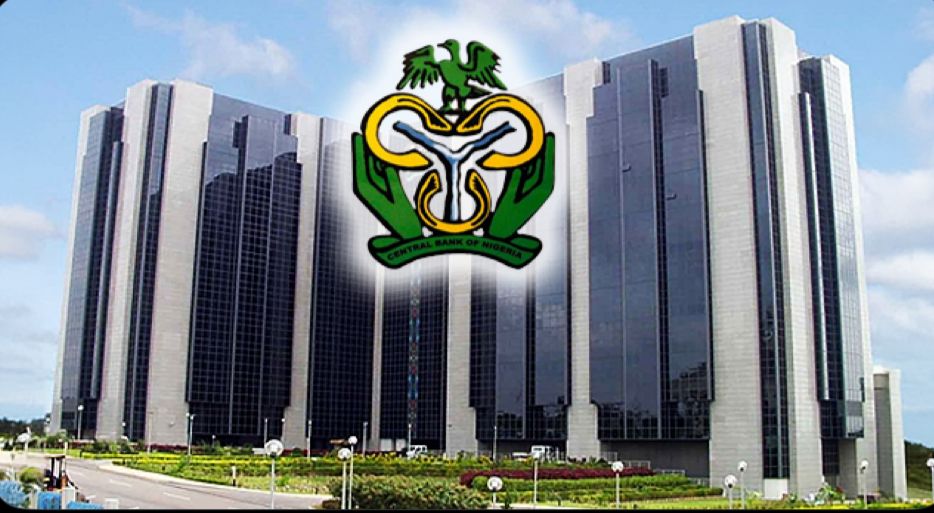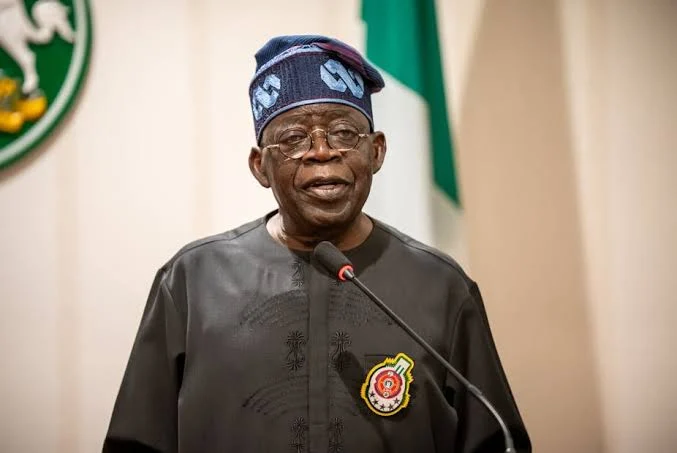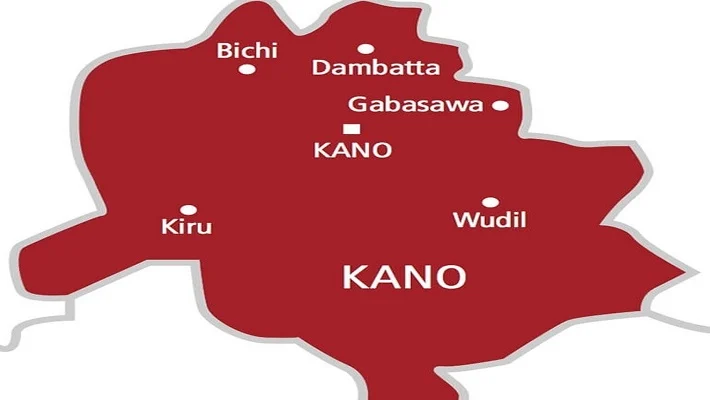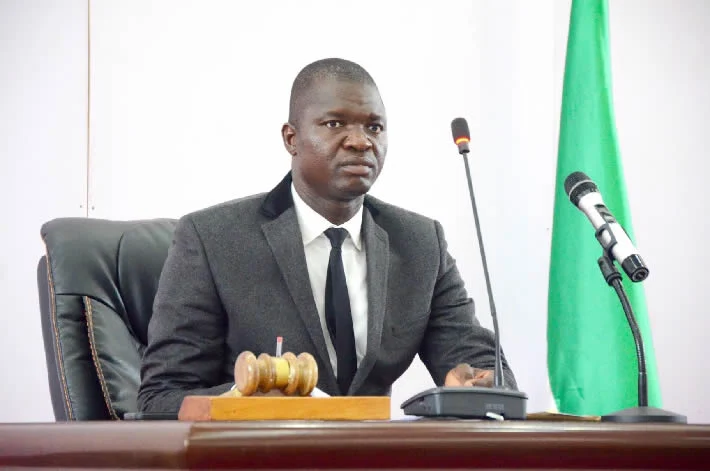Nigeria’s Current Account Surplus Hits $5.28bn In Q2 2025, Says CBN

Nigeria has recorded a significant improvement in its external accounts, with the Central Bank of Nigeria (CBN) reporting that the country’s current account surplus rose to $5.28 billion in the second quarter of 2025, up from $2.85 billion in the first quarter.
The latest figures, released in the CBN’s balance of payments report, highlight stronger inflows from crude oil exports, a rise in non-oil export receipts, improved diaspora remittances, and increased foreign portfolio participation. The apex bank noted that the positive performance was further supported by policy reforms aimed at stabilising the foreign exchange market and rebuilding external reserves.
The CBN explained that Nigeria’s improved oil output and firmer international prices provided a boost to government revenue and export earnings, while non-oil exports — particularly in agriculture and services — continued to contribute modestly to foreign exchange inflows. The report also pointed out that remittances from Nigerians abroad helped cushion external pressures, strengthening the overall surplus.
Analysts have described the development as a welcome shift for an economy that has faced persistent external vulnerabilities. They noted that the current account surplus reflects increased stability in foreign exchange liquidity, a more favourable balance of trade, and renewed investor confidence in Nigeria’s macroeconomic reforms. However, experts warned that sustaining this momentum will require consistent oil production, stronger diversification into non-oil exports, and continued fiscal discipline.
They also cautioned that global oil market volatility, domestic insecurity, and inflationary trends could threaten the stability of the gains recorded in Q2. The CBN has indicated that the surplus provides the country with stronger external buffers, which could help manage exchange rate pressures and maintain investor confidence.
The bank added that its policy direction will remain focused on balancing economic growth with inflation control, while ensuring that external reserves remain robust enough to meet import and debt obligations. With the second half of 2025 underway, stakeholders will be monitoring Nigeria’s performance to see if the trend of rising surpluses continues.
While the Q2 figures signal a stronger external footing for Africa’s largest economy, economists insist that the long-term solution lies in structural reforms that will reduce overdependence on oil and build a more resilient, diversified economy.









